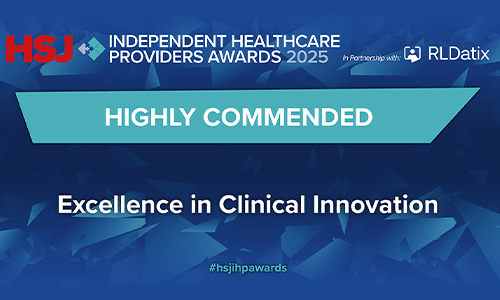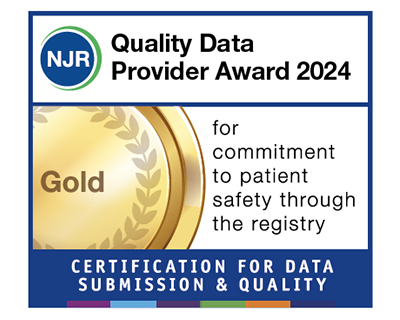What is scar removal?
Scar removal improves the appearance of a scar and increases self-confidence if you feel self-conscious about the way a scar looks.
Scar removal attempts to lessen the visibility of a scar so that it blends in with its surrounding skin tone and texture.
Scars are visible marks that remain when a wound has healed. They can be the result of injury, burns, surgery, self-harm, acne or chickenpox. Some scars heal better than others.
A good scar fades significantly over time and blends in with the healthy skin around it. A poor scar, such as a keloid or hypertrophic scar, will fade but stay visible and may cause skin irritation. Scars may be noticeable due to their size, shape, colour, texture, location or if they are raised or depressed.
There are different options for scar removal treatment which may be used depending on the type and extent of scarring. They include:
- Silicone gels or sheets - to help soften and flatten a scar and relieve itching and discomfort.
- Steroids – to reduce any swelling and flatten a scar. They are used to treat some keloid and hypertrophic scars.
- Laser skin resurfacing – can reduce redness and make pitted scars flatter. It removes your skin’s top layers to stimulate deeper-layer collagen production.
- Cryotherapy – uses liquid nitrogen to freeze keloid scars in the early stages to help flatten them and stop their growth.
- Dermal fillers – inject substances into pitted scars to plump them up.
- Skin needling – rolls a small device with hundreds of tiny needles across your skin to improve scar appearance.
- Pressure dressings – to flatten and soften large burn scars or skin graft scars.
- Skin creams – such as Vitamin E cream or a moisturiser massaged into your scar can help manage it.
- Scar removal surgery – to make your scar look more natural and less conspicuous. It can also
improve the movement of a tight scar near a joint and reduce pain and itchiness. Surgical scar removal, also known as scar revision surgery or scar reduction surgery, is usually the most effective treatment for reducing noticeable and unsightly scarring.
Scar removal surgery can surgically cut the scar out or place skin grafts of healthy skin from another area of your body over your wound.


